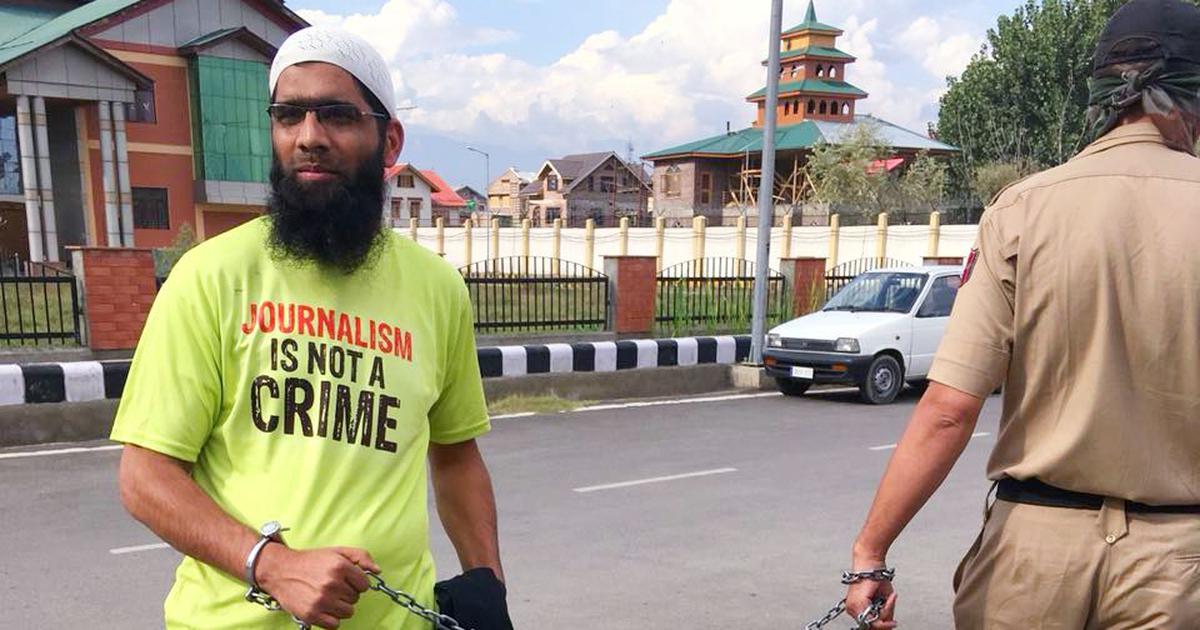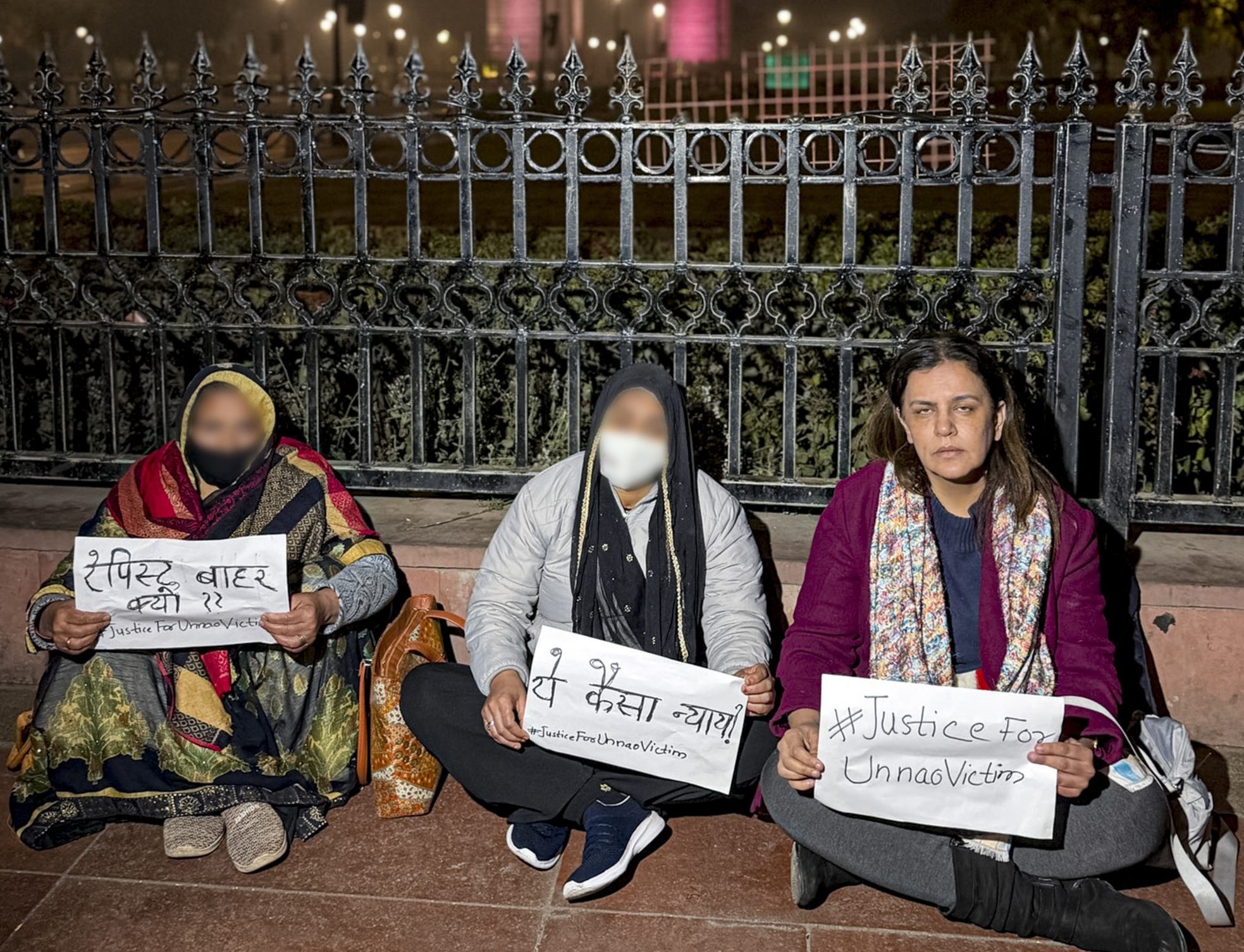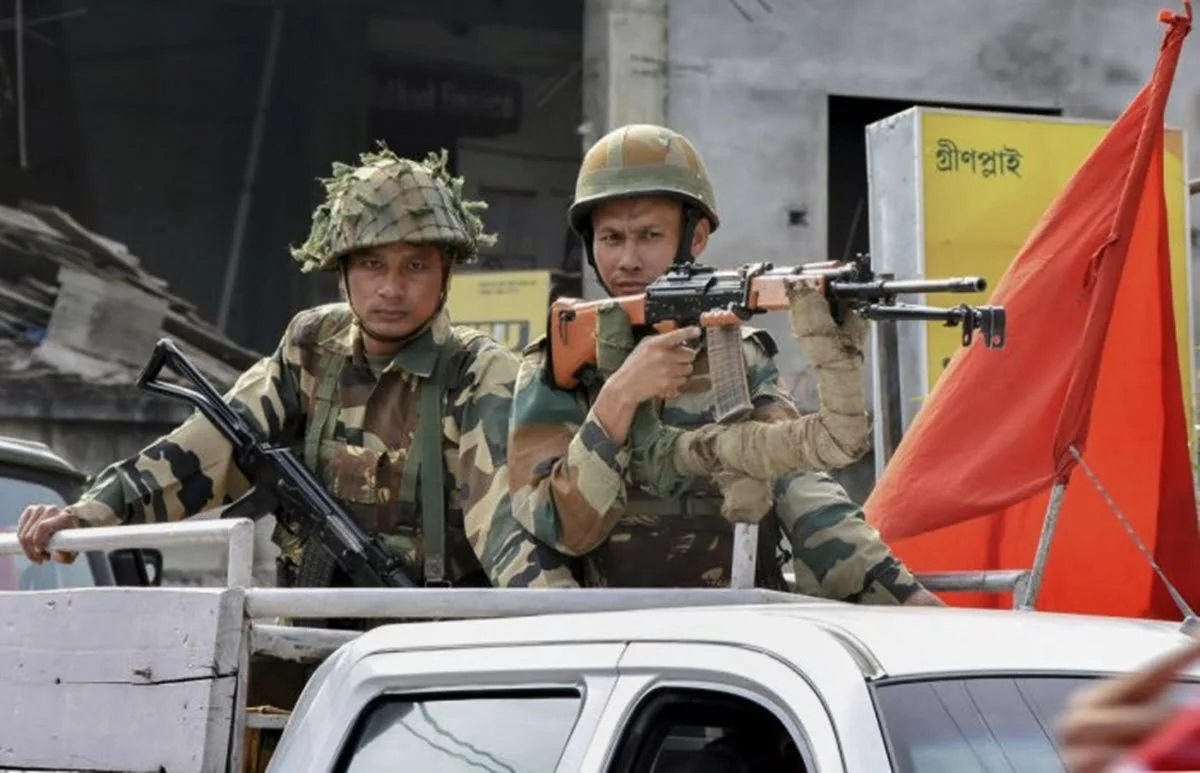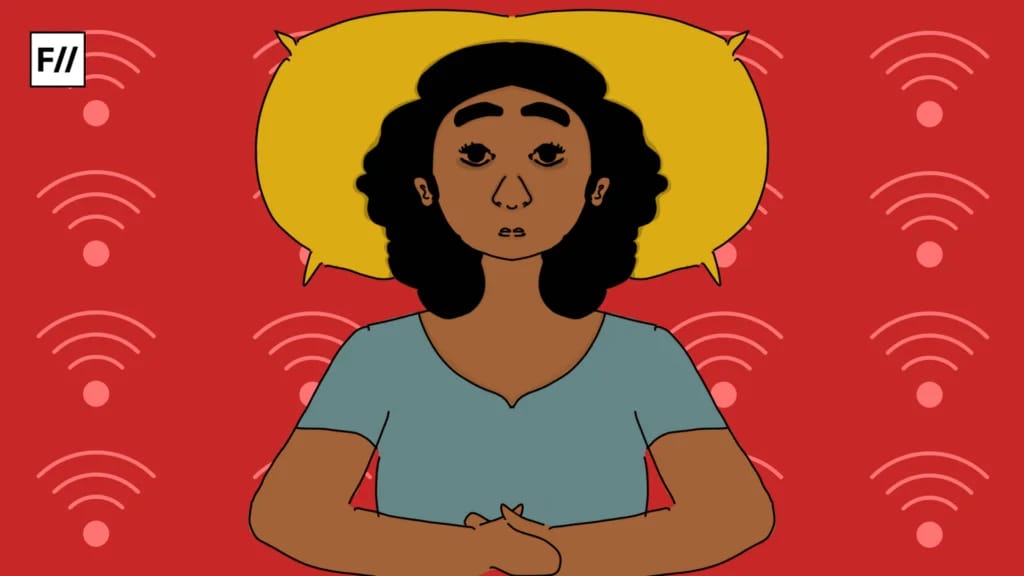Sultan, who had been detained since August 2018 under the anti-terror UAPA and the Jammu and Kashmir Public Safety Act, was released on bail by a special court after facing multiple arrests and legal battles.
Kashmiri journalist Asif Sultan has been granted bail by a special court in Srinagar, over two months after being re-arrested under the Public Safety Act (PSA). Sultan has been in custody since August 2018, initially arrested on accusations of providing logistical support to a banned militant group under the Unlawful Activities Prevention Act (UAPA).
Sultan faced multiple arrests
Kashmiri journalist Asif Sultan has faced multiple charges and arrests over the past several years. In August 2018, Sultan was initially arrested and accused of aiding and sheltering anti-India militants under the Unlawful Activities Prevention Act (UAPA). He was charged concerning a gunfight in which a policeman was killed by militants in Srinagar’s Batamaloo neighbourhood.
In April 2022, Sultan was granted bail by an NIA court in the UAPA case but was immediately detained under the Public Safety Act (PSA) on April 2, 2022, and transferred to a jail in Uttar Pradesh, over 1,500 km from his home in Srinagar.
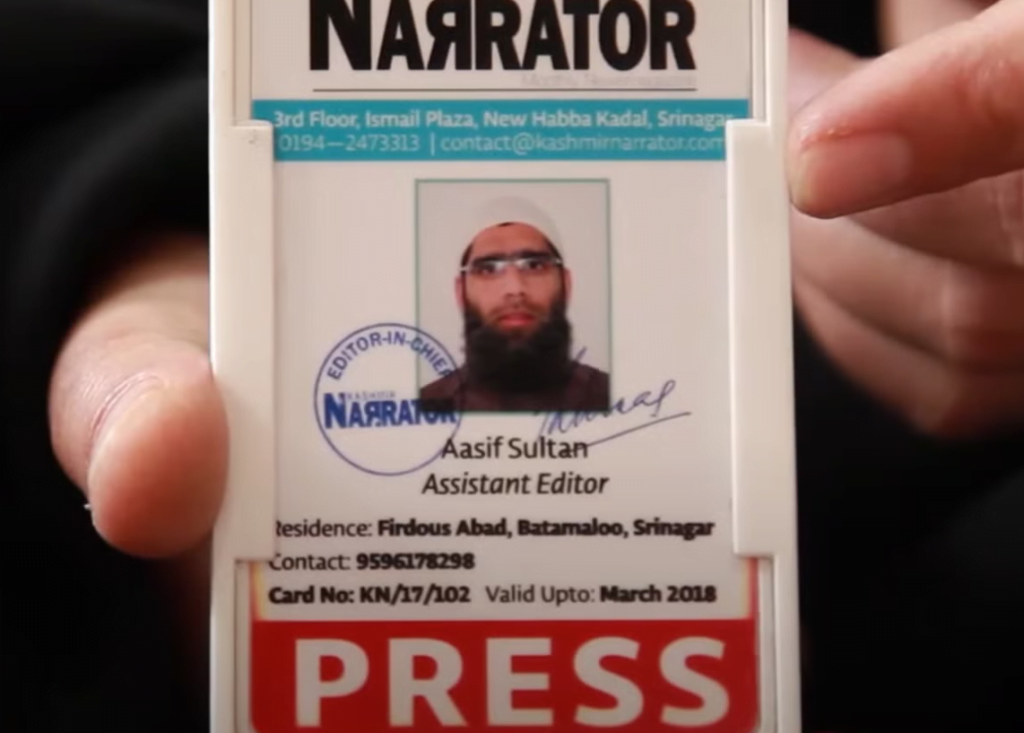
The J&K High Court later quashed his PSA detention in December 2023, calling it “illegal” and “unsustainable.” Despite the High Court quashing his detention, it took 78 days for Sultan to be released from jail due to procedural delays.
Sultan’s case highlights the concerning pattern of “revolving door arrests” employed by authorities in Kashmir, where individuals granted bail in one case are promptly re-arrested under another, effectively extending their detention.
Upon his release on 29 February 2024, just two days after his release from jail, Sultan was re-arrested in a separate case related to an incident of rioting at Srinagar’s Central Jail in 2019. Inmates were accused of setting fire to barracks, shouting anti-national slogans, and pelting stones at jail officials. However, Sultan’s lawyer argued he was not present during the incident.
In his May 10 bail order, Additional Sessions Judge Sandeep Gandotra noted that Sultan was arrested “without any reason or rhyme” and is “innocent and has not committed any offence of whatsoever in nature.” The judge emphasised that the mere application of UAPA provisions does not automatically justify rejecting bail without considering other legal requirements. Sultan was granted bail by a special court in the 2019 Central Jail case under the UAPA. The court- imposed conditions including a ban on using encrypted messaging apps and disclosing his phone details to the police.
Despite being granted bail multiple times, Sultan has faced repeated arrests under various charges, including the UAPA and PSA, which allow for lengthy detentions without trial. His colleagues and family maintain his arrests are linked to his journalistic work, particularly an article he wrote about slain militant Burhan Wani.
Revolving door arrests
Sultan’s case highlights the concerning pattern of “revolving door arrests” employed by authorities in Kashmir, where individuals granted bail in one case are promptly re-arrested under another, effectively extending their detention. Activists allege that this tactic is used to suppress press freedom in the region, with at least five journalists charged under UAPA and three others detained under the PSA since the revocation of Jammu and Kashmir’s special status in 2019.
Response from the Press Council of India
The Press Council of India highlighted the case of journalist Asif Sultan, who was arrested on August 31, 2018, for allegedly harbouring terrorists in Batmaloo. The Press Council of India’s 44th Annual Report for 2022-23 mentioned Sultan’s arrest as an example of the challenges faced by journalists in conflict zones like Kashmir. Sultan’s case was cited to illustrate the threats faced by journalists due to violence by militants and the curbs imposed by the local administration, which are seen as choking the news media in the Jammu & Kashmir region, especially in the valley.
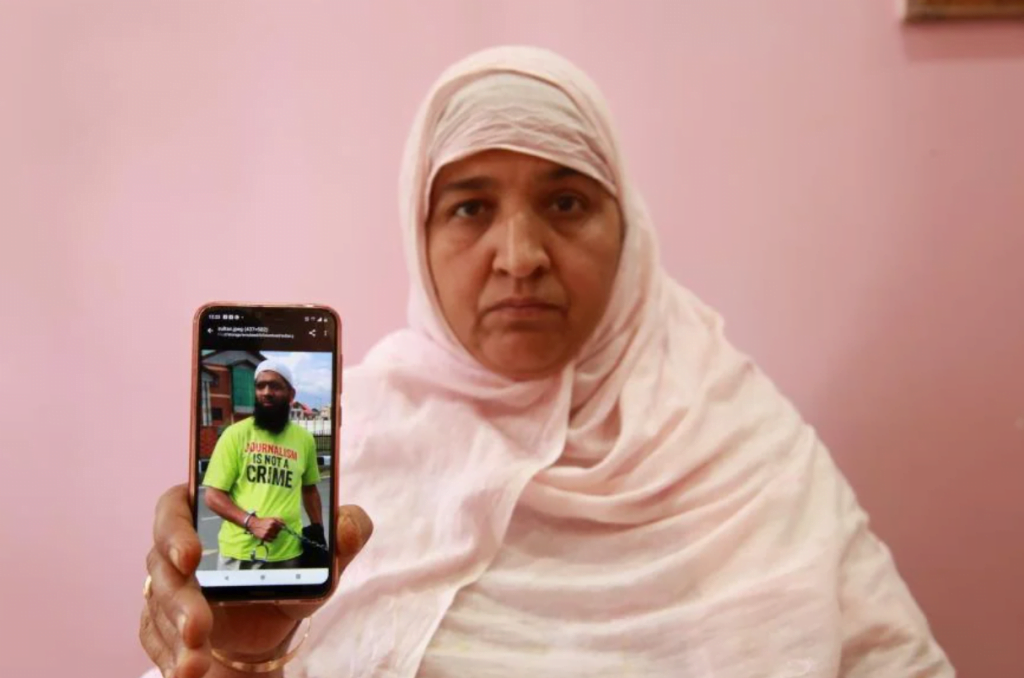
The report emphasised the use of laws like the UAPA and other state acts to harass journalists and prevent them from freely reporting, indicating a broader concern about press freedom in the region. This response sheds light on the organisation’s acknowledgement of the challenges faced by journalists like Asif Sultan in conflict zones and the implications of his arrest on press freedom in Kashmir.
Sultan’s case has garnered international attention and condemnation from human rights groups, journalist bodies, and press freedom advocates. Organisations like Amnesty International, the Committee to Protect Journalists, Reporters Without Borders, and the International Federation of Journalists have spoken out against his arrests, highlighting the broader implications for press freedom in Kashmir.
The legal battles Sultan has faced, including multiple arrests, bail grants, and the quashing of his detention under the PSA, have underscored the need for a transparent and fair legal system to protect journalists’ rights and uphold press freedom. It has also highlighted the issues of ensuring the protection of journalistic integrity and advocating for a conducive environment for journalists to report without fear of persecution or censorship and the need for greater protection of press freedom in the country.
About the author(s)
Insha Qayoom Shah is a Research Scholar from the Department of English, University of Kashmir pursuing her PhD on Female Revisionary Mythmaking: A Study of Select Novels. The areas of her interest include Feminism, Mythology and the Revisionary literature. She has presented four papers in different national and international conferences. She has also contributed chapters in three books dealing with the feminism and gender studies.
